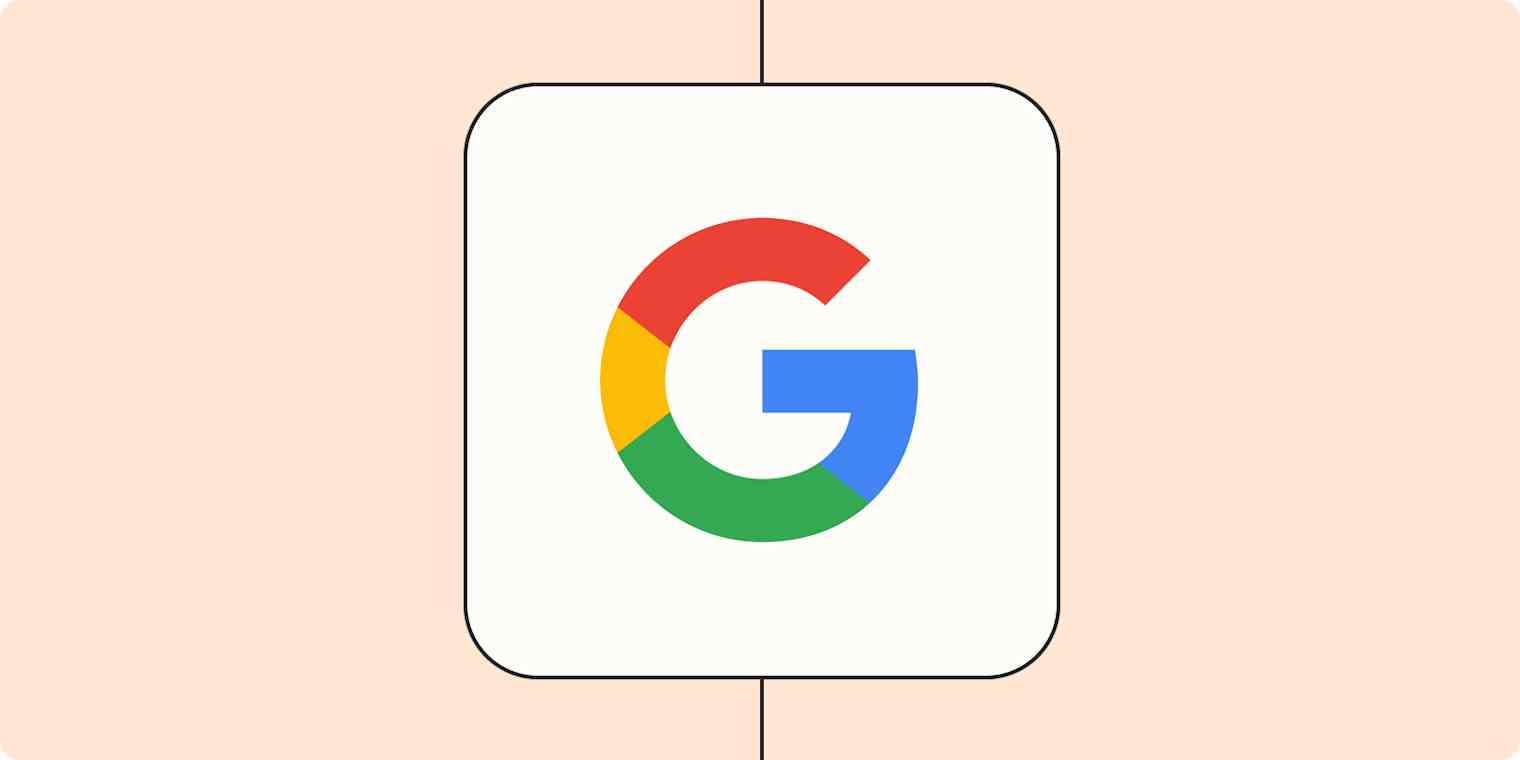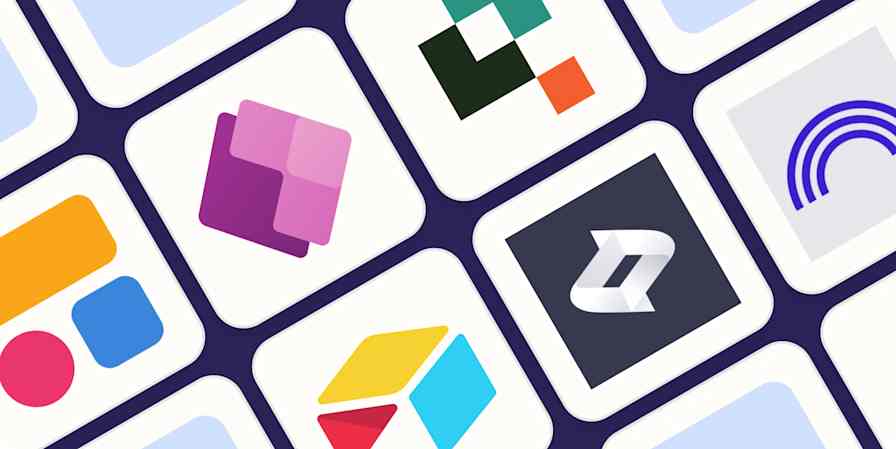App tips
8 min readGoogle AI Overviews: 4 early learnings from generative AI in Google Search
By Hsing Tseng · August 20, 2024

Get productivity tips delivered straight to your inbox
We’ll email you 1-3 times per week—and never share your information.
Related articles
Improve your productivity automatically. Use Zapier to get your apps working together.







